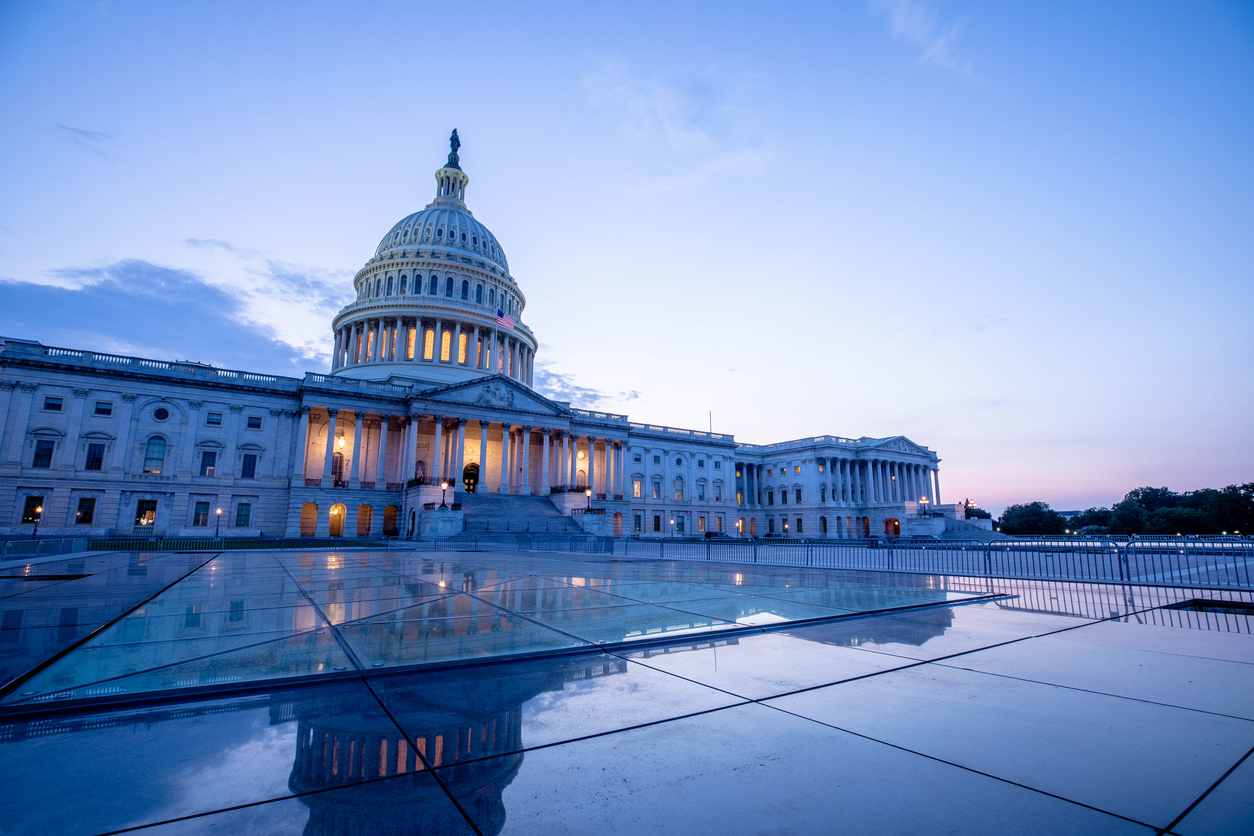
The Prepare for and Respond to Existing Viruses, Emerging New Threats, and Pandemics Act (PREVENT Pandemics Act)1 would strengthen the nation’s public health and medical preparedness and response systems. The bill builds on a discussion draft of the legislation and, among other issues, includes provisions that would:
- Establish a White House office to oversee pandemic preparedness and response
- Modernize and strengthen the medical supply chain
- Improve the safety and security and address foreign influence in biomedical research
- Bolster public health and allied health workforces
- Strengthen blood supply collaboration
- Reauthorize two grant programs to improve trauma care, including in rural areas
- Update the ability of the Centers for Disease Control and Prevention director to appoint and review the agency’s leadership.
Specific to diagnostic tests, the Food and Drug Administration would be allowed to hire experts to help review In Vitro diagnostic emergency use authorizations (EUAs) and required to publish guidance on how such arrangements will work. Additionally, the secretary of the Department of Health and Human Services may contract with public and private entities to increase capacity in the rapid development, validation, manufacture, and dissemination of diagnostics.
On March 15, 2022, the bill was approved by the Senate Health, Energy, Labor, and Pensions (HELP) committee (20-2) with Senators Rand Paul (R-KY) and Mike Braun (R-IN) voting against the legislation. The amended version of this bill will now go to the full Senate floor for consideration but that’s just the first step. Lawmakers will have to find the tens of billions of dollars necessary to fund the bill’s provisions. The Senate has offered less than half of the $22.5 billion White House request to fund COVID-19 programs which included vaccines, therapeutics, and tests.
During the HELP committee hearing, Senator Rand Paul (R-KY) proposed adding his laboratory-developed testing (LDT) oversight bill, the VITAL Act, to the legislation. His amendment failed by a vote of 19-2, with most Republicans and all Democrats voting against the amendment. Mike Braun (R-IN) additionally voted against the legislation.
1 https://www.congress.gov/117/bills/s3799/BILLS-117s3799is.pdf
